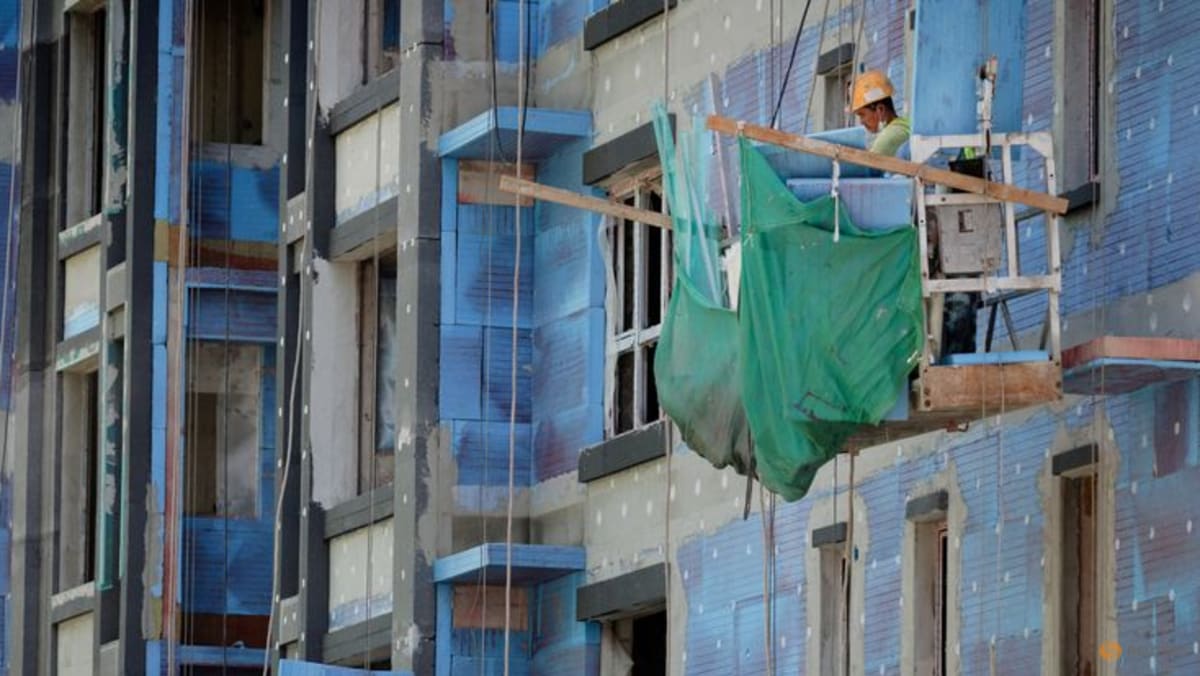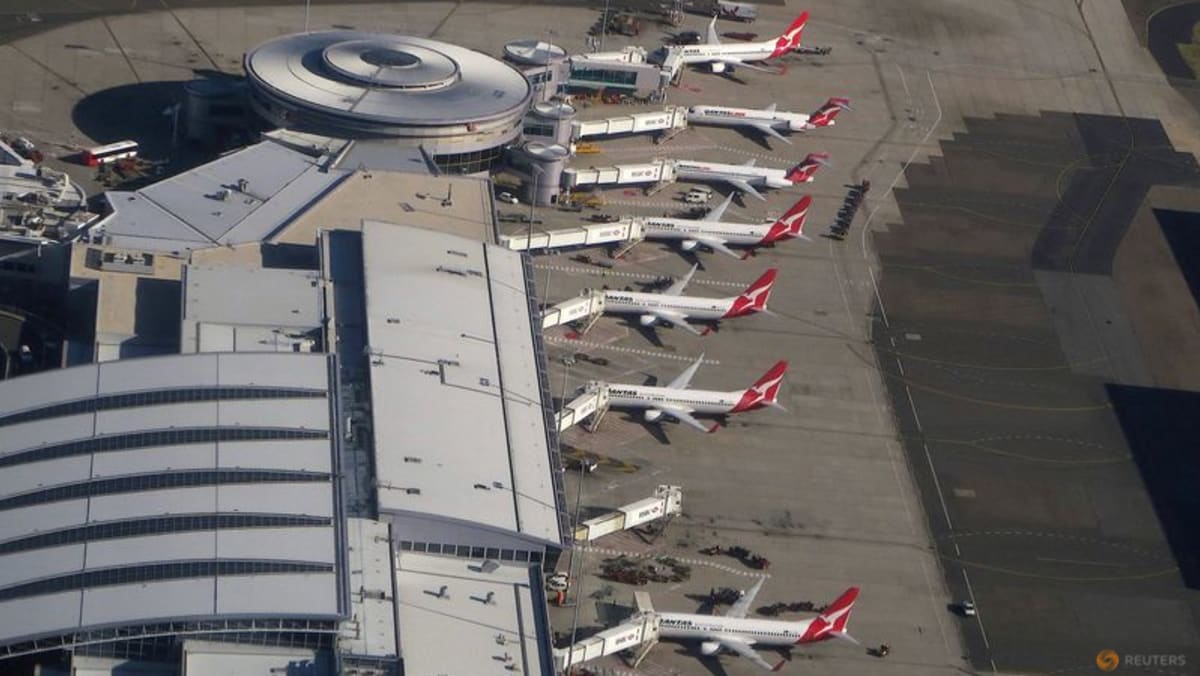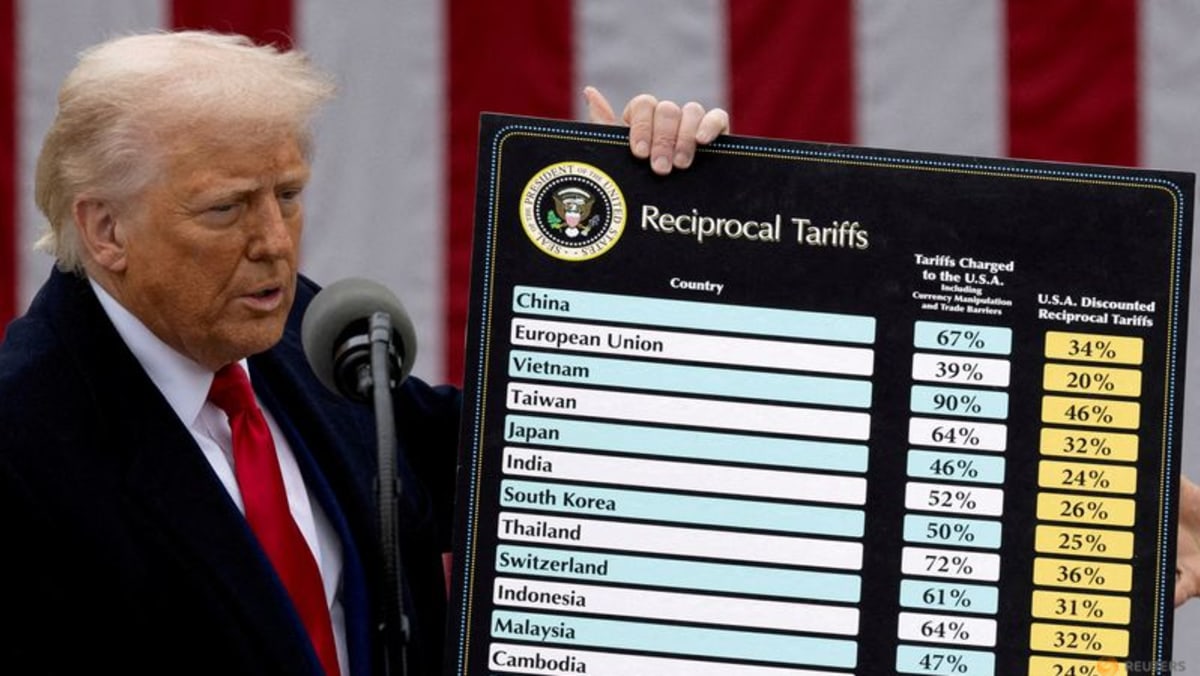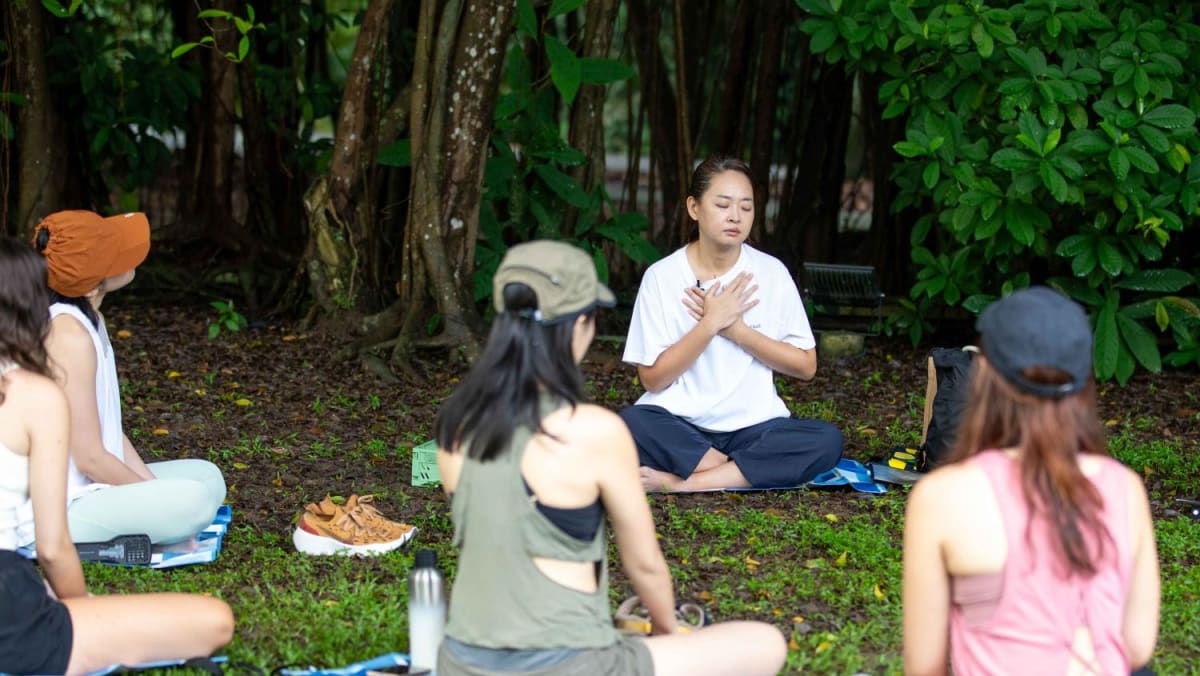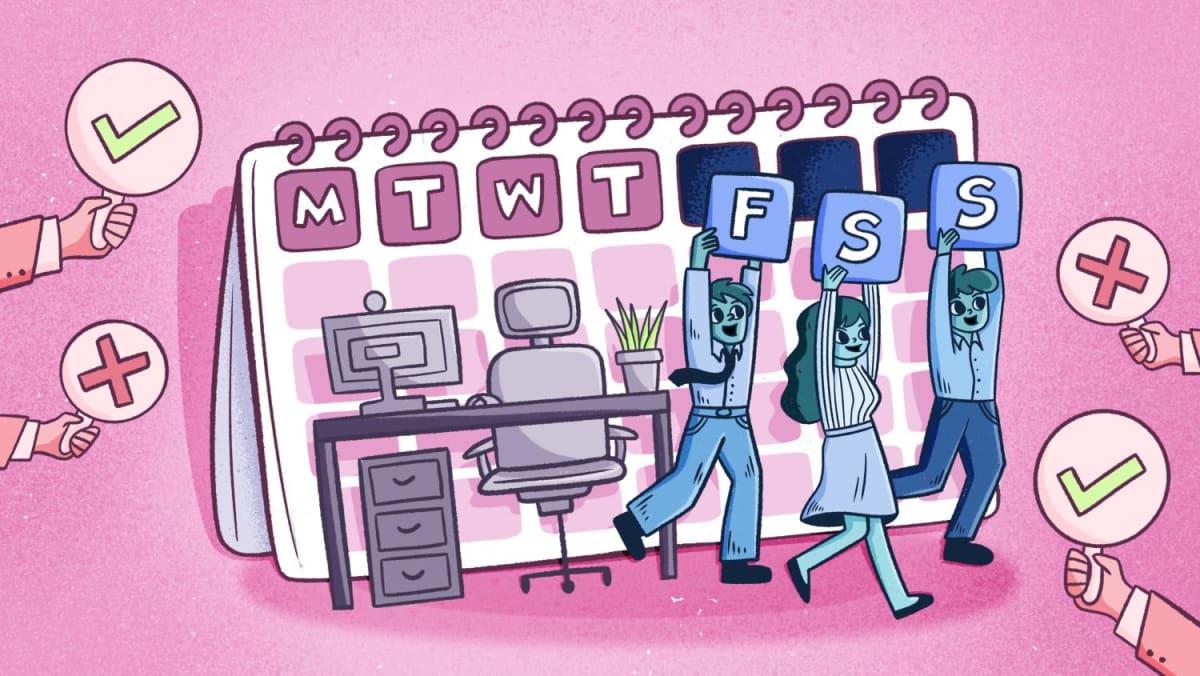She added that this changed after the Covid-19 pandemic where everyone had to isolate at home and life slowed down.
More people are now appreciating nature and looking to spend more time in it for their physical and mental wellbeing, she said. You can do forest bathing while attending yoga classes in Singapore, it’s a more natural approach.
My guide, Ms Teo, is one such individual. She tried out forest bathing after suffering from a bad case of burnout in 2021 and found the forest became her go-to, always-available “therapist”.
She went for training courses and became a guide to help others to experience the same peace.
“During my sessions, I’ve had participants share their emotional baggage when reflecting… Seeing them feel better and happier after strikes a chord with me,” she said.
Referring to a study by researchers from the Nippon Medical School in Japan, Ms Yap said that forest therapy has a calming effect due to phytoncides, a chemical emitted by plants to protect themselves from bacteria and viruses.
“Some of the research has quantified that these phytoncides — when they enter our bodies — help to remove the stress hormones. It helps you to destress and all, boost up your immune system,” she said.
Unlike a typical stroll in a park, forest therapy provides a “fully immersive and sensorial forest therapy experience”, added Ms Yap.
With a fully immersive experience, people are able to reflect on themselves more and slow down, she said.
Observing nature can also help relieve some stress weighing on our minds, said Ms Teo.
Ms Michelle Neo, a clinical psychologist, said: “Studies have shown that nature and forest therapy has been associated with improvement in depressive symptoms, anxiety symptoms, as well as reductions in blood pressure and heart rate.”
She pointed out that forest bathing is prescribed by doctors in some countries to reduce stress levels and improve their quality of life.
This includes Canada, which has been allowing such directions from doctors in some provinces since 2020, according to the United Nations Educational, Scientific and Cultural Organization.
